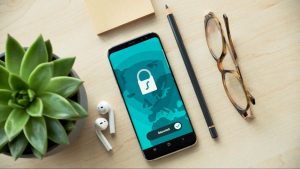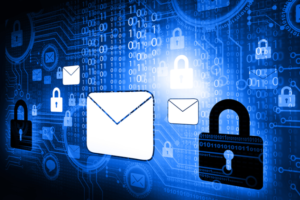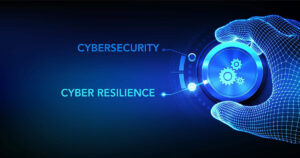Social media Security is just as important as physical security. Social media accounts house our personal information and digital footprints. Just as people protect their physical houses and observe security best practices, in the same way Social media accounts cannot be overlooked. Just as it is possible for intruders to gain access to our physical houses to steal, on the other hand, the same is obtainable on Social media accounts.
Read about Digital Footprint here
Owning a social media account and being online gives users access to real-time information through mediumsfor example, news articles, videos, and pictures as compared to the non-digital age. Reports say, in 2020, over 3.6 billion people were using social media worldwide and this number was projected to increase to over 4.41 billion in 2025. Furthermore, Social media like all aspects of life has both negative and positive aspects. Negatively, it has become a means for social engineering by hackers.
The first step of an attacker to commit a crime in some cases is gaining access to social media accounts of unsuspecting users. Consequently, access to these accounts leads to identity theft, and harassment. Below are a few steps to help guide you towards securing your social media accounts:
Do a security checkup.
A security checkup involves the basic steps we all may have implemented at some point;
Firstly, update account recovery options.
In addition, start the use of 2-step authentication or MFA: 2FA is available on mobile apps, SMS, or email sent to the account owner
Update your software
Software updates should be done frequently as there’s the provision of new and useful changes, including bug-fixing updates. This includes updating your operating systems, browsers and applications installed.
Use unique and strong passwords for each account.
We recommend using a password manager to help generate and manage strong and unique passwords.
Read about using password managers here.
Uninstall redundant applications
Make sure to delete apps on Android or IOS devices that you don’t need the risk of being vulnerable. In addition, avoid installing unknown apps from unknown sources.
Be smart about your personal information on Social media
Avoid suspicious requests asking you to put in your phone number or other sensitive pieces of information online.
Runaway from opening suspicious emails like those whose sender name and email address don’t match.
Beware of suspicious web pages; some of these may contain harmful software or be part of a phishing attack.
Manage your privacy settings on Social media.
Firstly, be aware of how public the information you post online goes. Avoid posting information that hackers can use to backtrack. This could be pictures showing your debit cards, pictures showing your home address or the names of your family members, or even your location in extreme cases.
Secondly, be aware of the number of people who have access to your phone and social media accounts: If possible restrict access, your login details should be personal
Lastly, always ensure to log out from unknown devices.
In conclusion, You are less likely to have your accounts hacked often or be a victim of identity theft if you practice these steps of Social media security and make it a habit.
Photo by Piotr Cichosz on Unsplash
- Is that website you are on safe? - June 3, 2022
- Signs of Phishing attempts - June 3, 2022
- The consequences of not being privacy aware - January 20, 2022










3 Responses